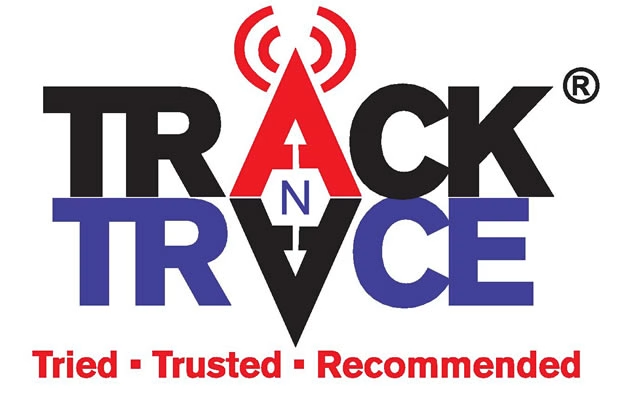
Fuel Theft: How To Do Away With It
May 30, 2023
The future is fleet management solutions
June 2, 2023Managing a vehicle fleet can be a daunting task, especially for businesses that rely heavily on their fleet for daily operations. From managing maintenance schedules to ensuring regulatory compliance, fleet managers face several challenges that can impact the efficiency, safety, and profitability of their business. In this blog, we will discuss some of the major challenges of vehicle fleet management and how to overcome them.
Safety and Risk Management Ensuring the safety of drivers and other road users is a critical responsibility of fleet managers. However, managing driver behavior, vehicle maintenance, and compliance with safety regulations can be a challenging task. One way to address this challenge is to implement a driver safety program that includes training, performance monitoring, and incentives for safe driving. Fleet managers can also leverage telematics technology to monitor driver behavior and vehicle performance in real-time, enabling proactive safety measures.
Maintenance and Repair Vehicle maintenance and repair is another major challenge faced by fleet managers. Preventive maintenance and regular inspections can help identify potential issues before they become major problems. However, scheduling maintenance and repairs while minimizing downtime can be a complex process, especially for larger fleets. Implementing a computerized maintenance management system (CMMS) can help automate and streamline the maintenance process, from scheduling to tracking repairs and maintenance history.
Fuel and Cost Management Fuel is a significant expense for most fleets, and managing fuel costs can be challenging, especially when fuel prices are volatile. Fleet managers can reduce fuel consumption and costs by implementing a fuel management program that includes fuel cards, fuel-efficient driving training, and regular maintenance to ensure optimal fuel efficiency. Additionally, using GPS tracking and route optimization software can help reduce fuel consumption and improve productivity.
Regulatory Compliance Fleet managers must comply with various regulations related to safety, emissions, and other requirements. Keeping up with regulatory changes and ensuring compliance can be challenging, especially for small fleets. Fleet managers can mitigate this challenge by staying up-to-date on regulatory changes and implementing a compliance program that includes regular training and audits.
Asset Tracking and Utilization Managing asset utilization is critical to optimizing fleet performance and reducing costs. However, tracking the location, status, and utilization of each asset can be a daunting task, especially for larger fleets. Implementing a fleet management system that includes real-time asset tracking, utilization monitoring, and performance analysis can help fleet managers identify inefficiencies and optimize asset utilization.
In conclusion, managing a vehicle fleet comes with its unique set of challenges that require a proactive approach to address. From safety and risk management to maintenance and repair, fleet managers must stay vigilant to ensure optimal performance, safety, and cost-effectiveness of their fleets. By leveraging technology, implementing best practices, and staying up-to-date on industry trends, fleet managers can overcome the challenges of vehicle fleet management and drive success for their businesses.



